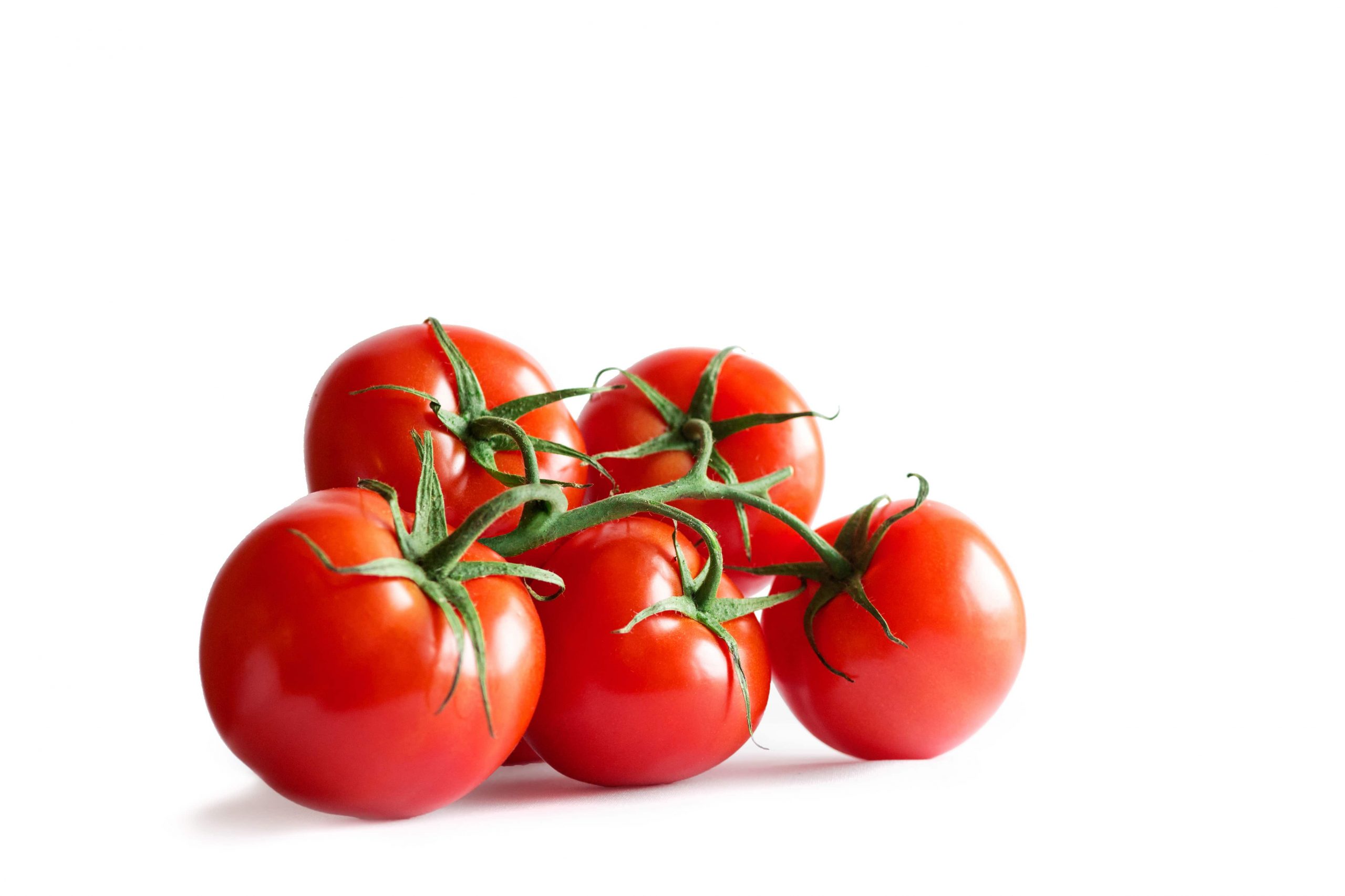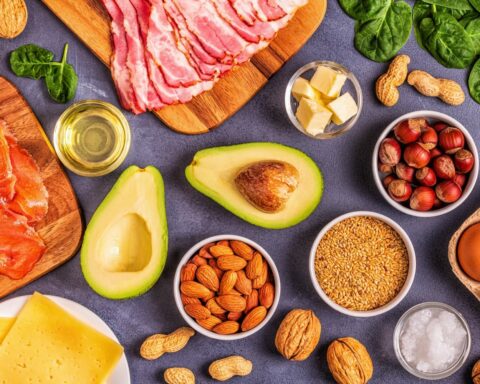Lycopene is an organic compound found mainly in tomatoes, red vegetables, and animal tissues. It is responsible for the red coloring of tomatoes.
There is evidence that lycopene may help protect against certain cancer types. This is because it is a powerful antioxidant. Apart from screening the skin against the effects of sun sunburns, lycopene is a nutrient that may benefit your overall health in various ways.Besides tomato owning its red color from lycopene, other fruits and vegetables like grapefruit and watermelon, derive their characteristic color from lycopene.This article will tell you how lycopene can benefit your health and some foods you can source lycopene from.
Health Benefits of Lycopene
Lycopene Has Powerful Antioxidant Properties
An antioxidant is a compound that protects your body from cell damages caused by unstable molecules called free radicals. Lycopene falls under the carotenoid family of antioxidants.Free radicals are not harmful, but when they accumulate to higher levels than those of antioxidants, they can cause oxidative stress which damages cells in your body. Chronic diseases like diabetes, Alzheimer’s, cancer, and heart disease are linked to oxidative stress.Research published in the National Institutes of Health has shown that owed to lycopene’s antioxidant properties, your body can be protected against these diseases by keeping the levels of free radicals in balance.
Lycopene May Protect Against Cancer
The powerful antioxidant property of lycopene has been shown to help inhibit the growth of certain cancer types. One test-tube study by the National Center for Biotechnology Information found that lycopene may help suppress the development of prostate and breast cancers. This is achieved by inhibiting the growth of tumor.Another animal study by the same body of research found that lycopene may also inhibit the progression of kidney cancer. About three human studies by the National Center for Biotechnology Information indicated that consumption of lycopene and other carotenoids can reduce the risk of prostate and lung cancer by up to 30-50%.
One study, for example, examined 46,000 men for 23 years. The study wanted to determine the likelihood of developing cancer and consumption of lycopene. Participants were given two servings of tomato sauce rich in lycopene every week. The researchers observed that there was a reduced risk of developing prostate cancer by up to 30% than those who took less tomato sauce monthly.
Lycopene May Protect Against Heart Disease
According to the American Heart Association, increased cholesterol and triglycerides levels in the blood are some of the causes of heart disease. Unfortunately, when poorly managed heart disease can complicate to cerebrovascular accidents (CVA) also known as stroke.Published studies have indicated that including lycopene in your diet may help reduce the risk of developing heart disease. This is because it may lower the predisposing factors to heart disease.One study published in PubMed found that lycopene can reduce cellular damages caused by free radicals, reduce “bad” low-density lipoprotein (LDL) cholesterol, and increase the levels of “good” high-density lipoprotein (HDL) in the blood. Similarly, a higher intake of lycopene has also been linked with extended lifespan in people living with metabolic syndrome which can also cause heart disease.One particular research by the National Center for Biotechnology Information done for 10 years observed that the lifespan of people with metabolic syndrome who had high levels of lycopene in the blood had a lower risk of up to 39% dying early.
Additionally, a study conducted for over 10 years and published in PubMed, found that eating foods rich in lycopene resulted in a reduced likelihood of developing heart disease by about 17-26%.The protective mechanism of lycopene to the heart has been found to be more beneficial to people with low levels of antioxidants in the blood or those with high oxidative stress such as smokers and older adults.
May Help Screen the Skin Against Sunburn
Apart from using conventional sunscreens, you can also use lycopene to protect your skin. Your skin can be damaged by prolonged exposure to the sun’s ultraviolet (UV) rays which causes sunburn.One 12-week study by the National Center for Biotechnology Information studied the effects of UV rays on the skin and the intake of lycopene. The participants were put under UV rays before and after being given 16 mg of lycopene or a placebo. Those who took lycopene had fewer skin damages than those on placebo.
Another study published in PubMed also found that lycopene can reduce the likelihood of skin redness by up to 50% after exposure to UV rays. The participants were given 8-16 mg of lycopene for 12 weeks. This study is limited as lycopene was mixed with other carotenoids in supplements and the results were effective than supplements containing lycopene alone. Therefore, until further conclusive research, the use of lycopene to shield the skin from sunburn cannot be as effective as conventional sunscreens.
Other Health Benefits
Other health benefits associated with lycopene and have been researched include:
- May Help Improve Eyesight: Intake of lycopene has been found to be effective in slowing the development of cataracts and age-related macular degeneration. It can thus prevent blindness in older people.
- May Support Brain Function: The antioxidant properties of lycopene have also been indicated to be effective in reducing the episodes of seizures in epileptic patients as well as reducing cognitive loss especially in people living with Alzheimer’s disease.
- Has analgesic properties: Published studies have shown that lycopene can help reduce pain especially neuropathic pain.
Foods Rich In Lycopene
Lycopene is found in abundance in ripe tomatoes. However, any food with pink or red color contains lycopene.These foods include guava, red peppers, canned tomatoes, pawpaw, fresh tomatoes, sun-dried tomatoes, watermelon, grapefruit (pink), and tomato puree.The recommended daily intake of lycopene suggested by studies ranges between 8 mg and 21 mg per day.
Conclusion
Lycopene is an antioxidant from the carotenoid family. It is found in abundance in tomatoes and other red or pink fruits. Lycopene gives these specific foods their characteristic color. The antioxidant property of lycopene makes it able to protect against cancer and sunburn.
- Our Big Kitchen’ (OBK) is a non-profit organization located in Sydney, Australia - April 10, 2023
- Duos CBD, a hemp product E-commerce website - April 10, 2023
- SOFA SPOONING SEX POSITION - April 7, 2023









